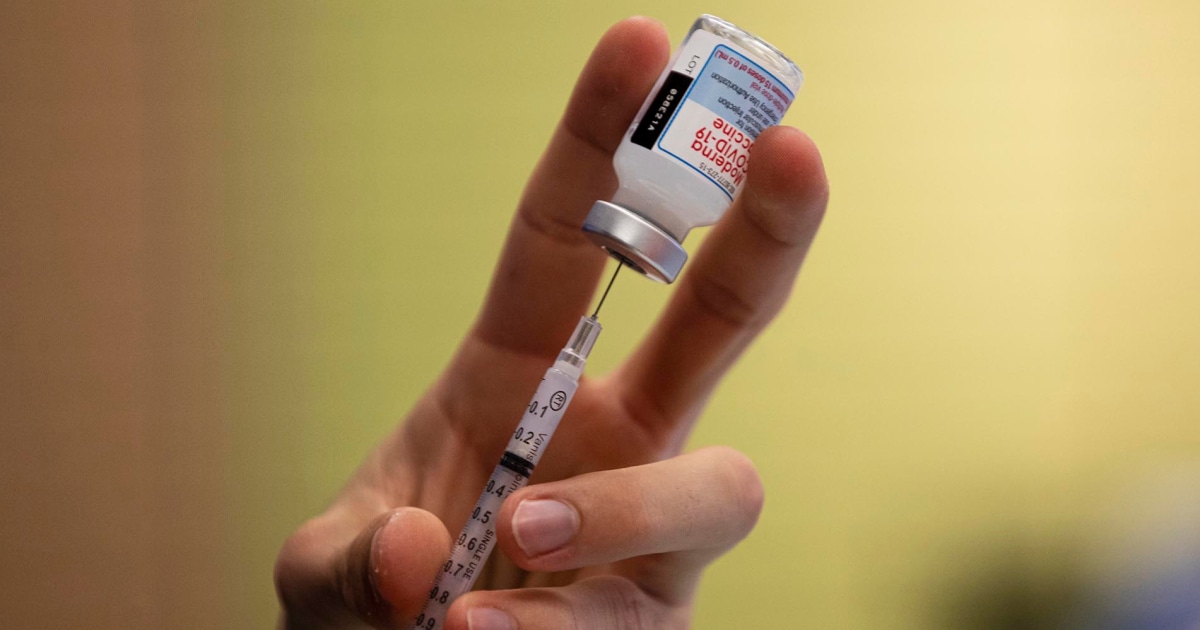From Aus human rights report.

McCullough Foundation
Peter A. McCullough, MD, MPH Fighting for medical freedom through scientific data and analysis.
Having spent almost the entirety of my working life at pharma companies, I can safely say that while the R&D and scientist level folks enjoy the development process and striving to come up with products that actually have a therapeutic benefit, the main thing that the vast majority of the executives care about is the vast quantities of $$$ the drugs will bring in. To them, saving lives (or enhancing quality of lives) is purely a means to an end.
In what type of job ?
I once was a regional manager for Abbott, and my office had both the Diagnostic and pharmaceutical divisions. There was a massive difference in the outlook and attitude between the two sales groups, and while there were huge sales incentives for above target performance the diagnostic group were all medical scientists of some description who cared about the diagnostic performance of their products, while the pharma people were not scientists and only cared about sales.
Diagnostic people would run tests and trials which was an obvious difference. Both sets of people were honest and hardworking, just their motivations were different.
Abbott was a strange company, the founder was a strict Methodist and when I worked for them, there was still a rule on no alcohol was allowed in Abbott buildings or at any Company function. Made it hard to entertain customers, especially as they all loved a free lunch.
Exactly, and improved the lives of millions if not billions
Scientific (QC, R&D, product development) and Manufacturing Operations roles, more latterly in documentation and regulatory affairs. Mainly for companies developing & manufacturing critical prescription pharmaceuticals.
The production operators really didn’t think too much about the patients. To them, we were just making widgets and they were getting paid to make the widgets, with incentives to make more of the widgets. It was really that simple to them.
The R&D folks definitely gave thought to the end users and what they were doing with the products being developed. The clinical folks definitely gave it a thought - after all, they liaise with the clinicians administering the products. Even the sales folks gave it some thought (between thinking about their commissions).
It was always the executives furthest up the food chain that didn’t. To them it was purely the bottom line. The rush to be first-to-market had nothing to do with getting meds to critical patients - it was purely about market share, exclusivity rights and making shitloads of $$$. That was their first, middle and last thought every day. The patients were always just the means to the end.
Foolish! ![]()
![]()
![]()
Brother I’m happy for your success, and I’m NOT trying to play any of it down, but there’s always more to the story ![]()
I’ve worked for big pharma.
They are allowed to make money. Just like every other company and industry.
Surely a study undertaken in a journal about preventative medicine couldn’t be biased against vaccines right?
And a survey of 85,000,000 people? Come on…
I looked at the journal and here is the abstract. Doesn’t appear to say what is being suggested in your post
Lol in fact it conferred a protective advantage.
I must say, it was a bit amusing to read the methods on model convergence and the evaluation was essentially “trust us, bro”.
There is so much information missing that I’d generally use to assess the validity of a meta-analysis, it’s almost impossible to make heads or tails of this study.
It seems this Nicholas Hulscher is an epidemiologist at the Peter McCullough Foundation who seem like a group of dangerous crackpots.

Peter A. McCullough, MD, MPH Fighting for medical freedom through scientific data and analysis.
And how Morrison treated NSW so differently from Vic.
Sorry, Gladys, you lot totally took your eye off the ball, so you can have all Victoria’s vaccines.
So are you saying the study isn’t likely to stand up to peer review?
It does seem to say there’s an increased risk of CAD, but no difference or a protective affect on stoke and heart attack.
If you are talking about the study in the abstract I posted, it has been peer reviewed and its conclusions are very different from the claims of this Nicholas Hulscher bloke.
They talk about sample sizes of thousands as well, nothing about 85 million.
“Results:
Bayesian meta-analysis revealed a link between vaccines and CAD risk…”
“Conclusions:
… The association of COVID-19 vaccination with the risk of coronary artery disease should be considered in future vaccine technologies for the next pandemic.”
If it hasn’t been peer reviewed, then it has a ways to go before being worth paying too much attention to, of course.
There is just stuff missing that I would have liked to see included.
One example (without delving into methodological riff-raff), I think it’s really important in meta-analyses to provide outcome details (e.g. number of stroke, CAD, and OR/RR etc.) for each individual study, not just a pooled estimate. Can be in a table, can be as part of the forest plot. But it allows some idea of what the pooled estimate is actually representing. This information is not in the manuscript and there is no supplemental data (that I can find).
It’s absence doesn’t necessarily mean anything nefarious. But, personally, if I was reviewing a paper like this, I’d pretty strongly suggest to an editor I wouldn’t recommend it for acceptance without that information being added.

A combination shot would make it easier for people to get vaccinated against Covid and the flu at the same time.